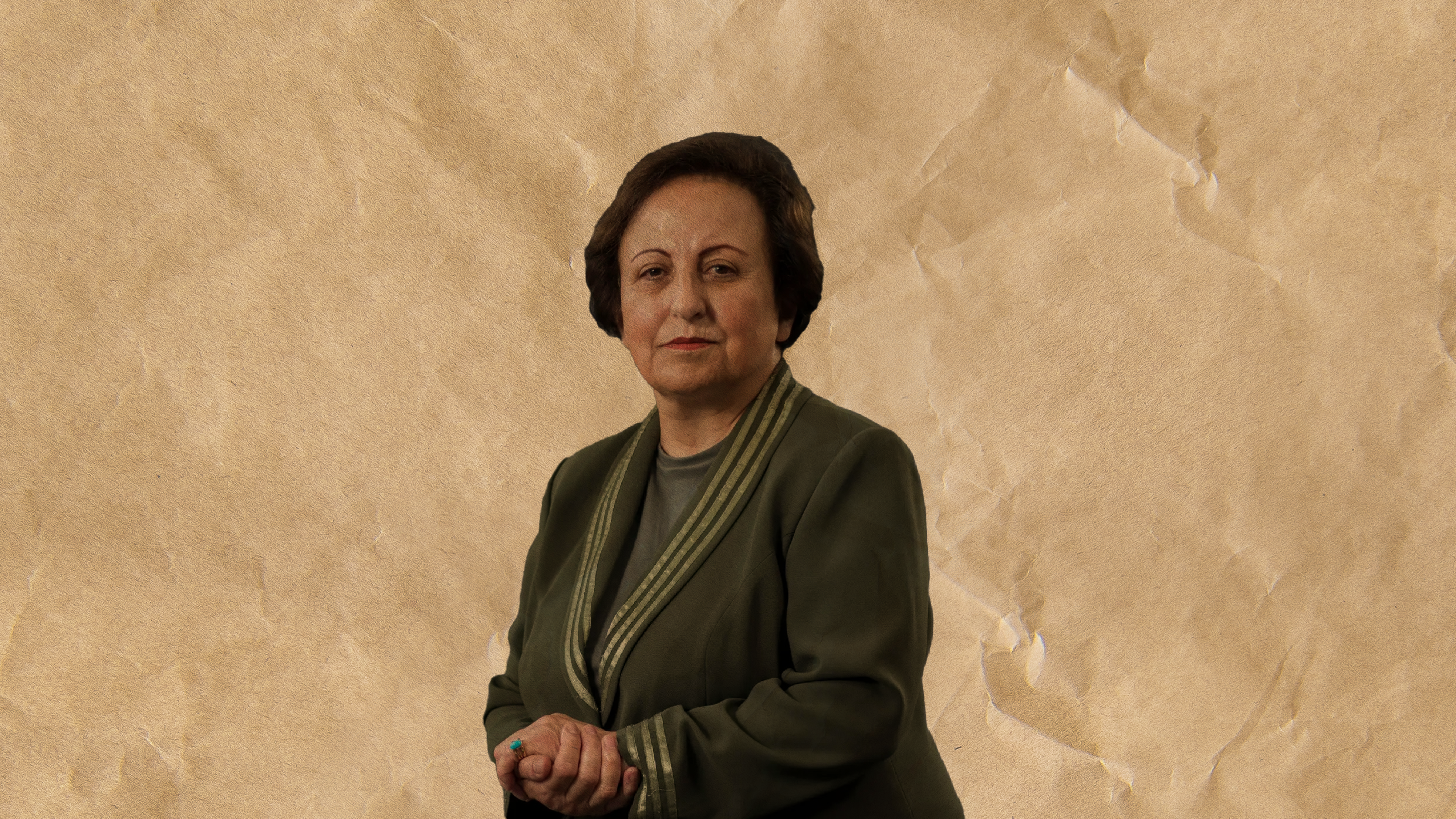shirin ebadi was born in 1947 in the ancient city of hamadan in central iran, before moving to the capital, tehran. her father, mohammad ali ebadi, was a law professor and author, while her mother stayed home to care for the children. she grew up learning religious respect, equality and justice from her father, and receiving the same education as her brothers.
at the age of 30, shirin became the youngest and one of the first female judges in Iran, but when the ayatollah took power in 1979, all female judges were removed from their posts. this did not stop her, and she decided to write articles and books while raising her two daughters and lecturing on human rights at tehran university. at a time when many intellectuals were leaving the country, shirin continued to work and wait patiently for 22 years. with the death of the ayatollah, she was allowed to practice law again. working from home and providing pro bono legal services and become the defense attorney in many controversial political and human rights cases in Iran, including: zahra kazemi (a journalist killed in evin prison), parvaneh and dariush foroohar (well-known political activists killed by security forces), ezat ebrahim nejad (killed in tehran university dormitory in 1999), and zahra baniyaghoob (a young doctor killed in custody). she also undertook the case of the seven leaders of the baha'i faith in iran.

nothing made her give up, not even the confiscation of her property, the closure of her bank account, the arrest of my colleagues, threats against her life, the imprisonment of her husband and sister.

in 2003, she was awarded the nobel peace prize and used part of the prize money for the establishment of an office for the center for human rights defenders and for support for the families of political prisoners. this center has become an important organization for human rights defenders, but in 2008, the government closed the center and raided her law firm. later that year she took the opportunity to attend a conference in spain to avoid coming back.

she has since lived in exile in the United Kingdom, where she continues her activism through her writings, representing political dissidents, and working with numerous human rights organizations, some of which she was instrumental in founding. in her words, "the revolutionary process is like a train that does not stop until it is at its final destination".
cláudia cavaleiro the editor in chief for CINCO editorial. born in '82 in coimbra, she is graduated in philosophy from the university of coimbra. passionate about books and podcasts in a geek kind of way, she always find something interesting to research. loves to bring awareness to social problems and loves working at CINCO!









